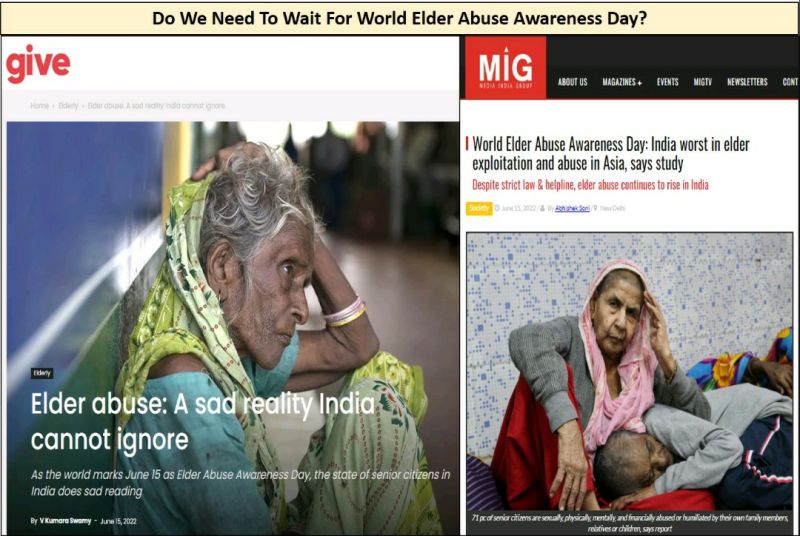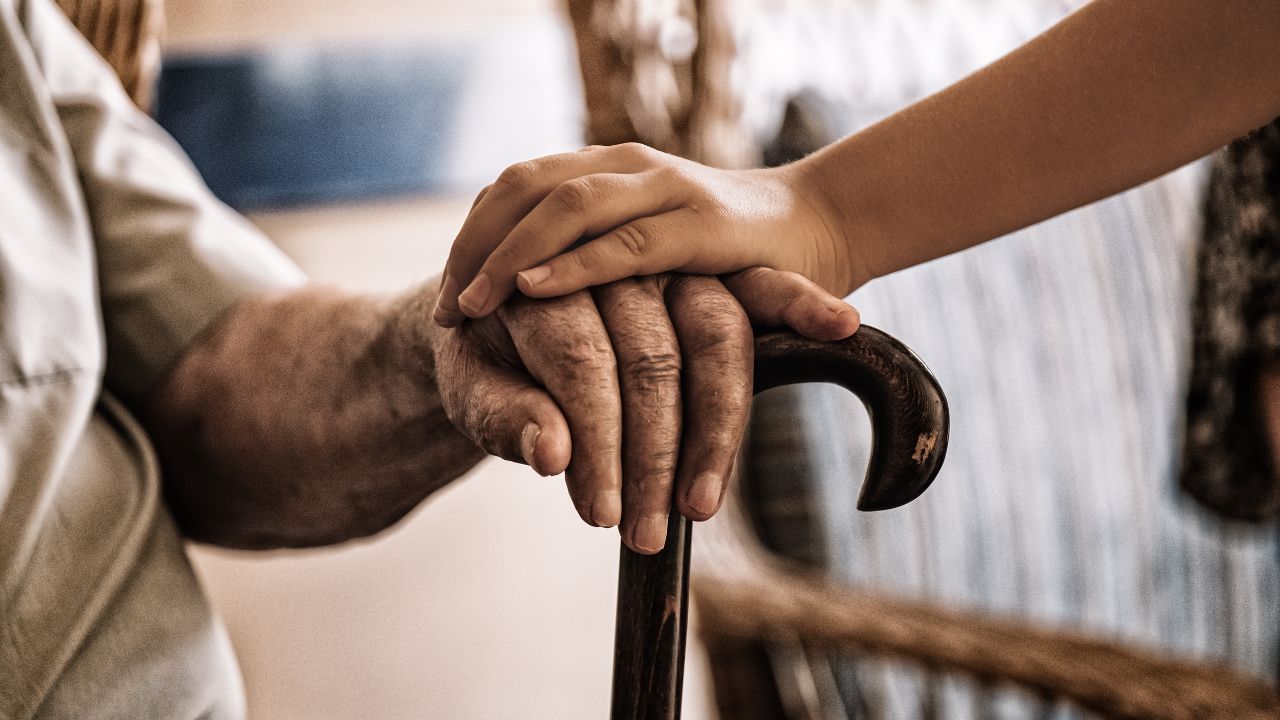If eldercare sector in India has to flourish, then it is important to weed out loopholes in the care delivery system and implement processes which can give a voice to the underprivileged and suppressed elderly also.
India is not only about metro cities and urban areas; the reality lies in the rural belts, which are the food bowl and the working engines of the country. While there has been a lot of development in the rural areas, yet there is a huge gap in elderly care. The elders who are in the hinterlands also require systematic care that is on par with urban centres.
Though private sector companies are investing into Senior Care and are trying to do their part, however there is very limited movement at the State level.
On one hand, there are regular announcements regarding the opening of senior citizen homes and/or senior care initiatives, but unfortunately the situation seems to be status quo. Lack of transparency and accountability is not a great confidence booster, especially in the area of eldercare.
The point of debate is: as a nation, who is really accountable for the welfare of the elderly? Is it only the government’s responsibility to care or should civil society and concerned citizens shoulder the responsibility?
Though it is easy to question the authorities about social welfare, but as common citizens, do we not have the right to be concerned about our future?
There is definitely a positive undercurrent in the country, which can be seen in the form of social venture startups; however at the country level, the state welfare schemes are still struggling to find a foothold.
Since not many state governments have the bandwidth to develop their own standards, processes and guidelines, hence it is critical that necessary steps should be taken by the central government to ensure standardisation of eldercare.
As one of the fastest-growing economies in the world, we need to figure out two important points:
1) Do we need to wait for World Elder Abuse Awareness Day to take preventive and corrective actions to stop elder abuse?
2) Do we need to wait for International Day for Older Persons to start caring for our elders?
End of the day, if we ourselves are not concerned about the policies and legislations that would impact our own future, then I wonder who would be?
I feel time has come to change the hats of advocacy and awareness and get into the mode of implementation and measurable results.

Pankaj Mehrotra
